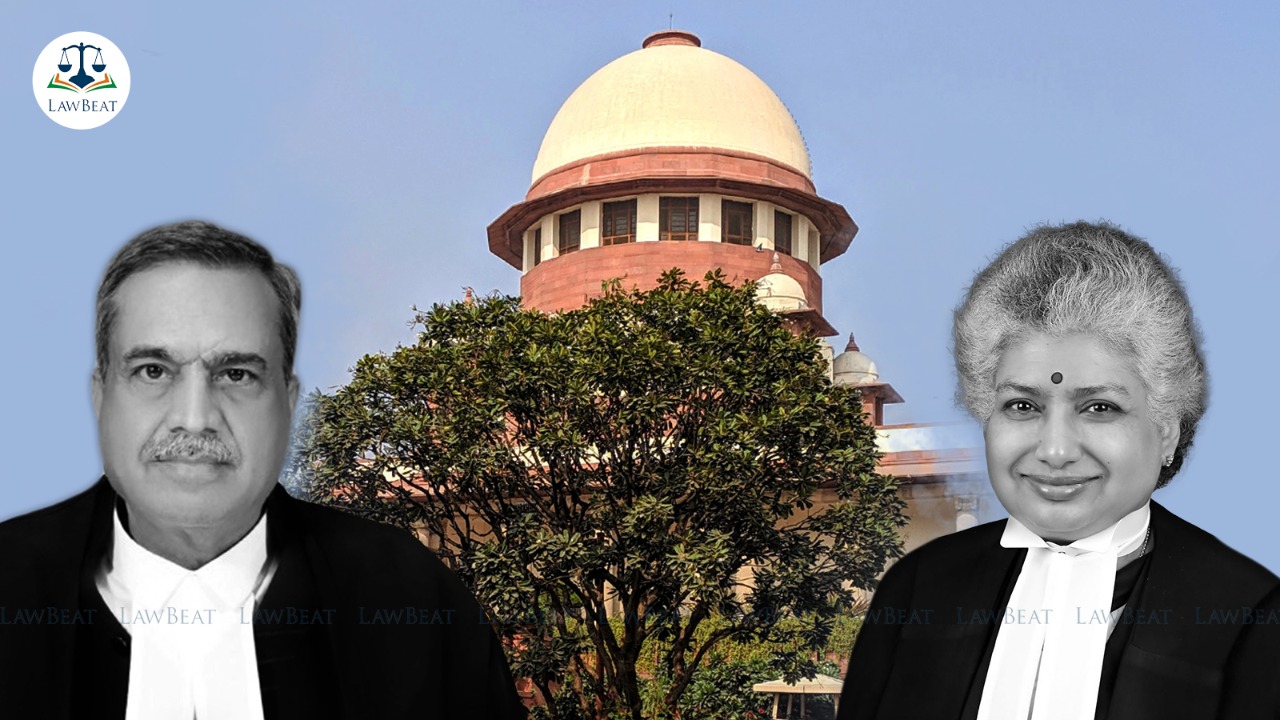'Inadequate' punishment cannot be awarded only because long period lapsed by the time appeal got decided: Supreme Court

Referring to the submissions made by the accused before the High Court that he was facing trial since last 26 years and when the incident took place, he was young, the Top Court on Friday remarked, "Merely because a long period has lapsed by the time the appeal is decided cannot be a ground to award the punishment which is disproportionate and inadequate."
The Top Court observed thus while hearing an appeal filed by the State of Rajasthan assailing an order of the Rajasthan High Court whereby it had partly allowed the appeal filed by the accused namely Banwari Lal. The High Court while maintaining the conviction of Banwari Lal for the offence under Section 307 of the Indian Penal Code, had reduced the sentence awarded to him from three years rigorous imprisonment to the period already undergone by him in confinement (44 days).
Banwari Lal was tried for the offence under Section 307 IPC for having caused grievous injuries on the skull/middle of the head of the injured person – Phool Chand. The Trial Court had convicted Lal for the offence under Section 307 IPC and sentenced him to undergo three years of rigorous imprisonment.
Before the High Court, Lal, had not challenged his conviction but had prayed for a reduction in the sentence, on the grounds that the occurrence took place 26 years ago and when the occurrence took place,he was young and now they are old/aged persons.
Without assigning any further reasons whatsoever and without considering the nature or gravity of offence and the serious injuries caused by the accused Banwari Lal, High Court had allowed his prayer.
"The manner in which the High Court has dealt with the appeal and has reduced the sentence, without adverting to the relevant facts and without considering the gravity and nature of offence, is unsustainable", remarked the bench of Justices MR Shah and BV Nagarathna.
The division bench further opined that High Court dealt with the appeal in a most casual and cavalier manner. It referred to the impugned judgment as nothing but an instance of travesty of justice.
Referring to Section 307 IPC, it was found that the accused could have been sentenced to undergo life imprisonment and/or at least up to ten years and the trial Court had already taken a very lenient view while imposing the sentence of only three years’ rigorous imprisonment.
Therefore holding that High Court disposed of the appeal by adopting shortcuts, the court remarked,
"We have come across a number of judgments of different High Courts and it is found that in many cases the criminal appeals are disposed of in a cursory manner and by adopting truncated methods. In some cases, the convictions under Section 302 IPC are converted to Section 304 Part I or Section 304 Part II IPC without assigning any adequate reasons and solely recording submissions on behalf of the accused that their conviction may be altered to Section 304 Part I or 304 Part II IPC."
Reverting to the case at hand, Court was of the view that although the accused did not press any challenge to the conviction and prayed only for reduction in sentence, the same was considered and an inadequate and inappropriate sentence was imposed without assigning any further reasons and without adverting to the relevant factors which are required to be considered while imposing appropriate punishment/sentence.
Accordingly, while quashing the impugned order, Court said, "We deprecate such practice of disposing of criminal appeals by adopting shortcuts."
Case Title: State of Rajasthan vs. Banwari Lal and another
